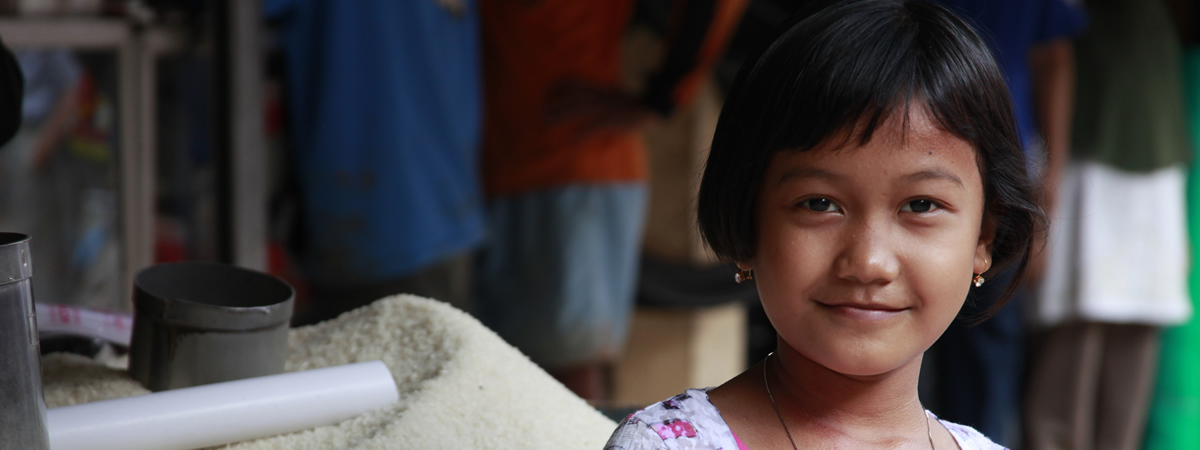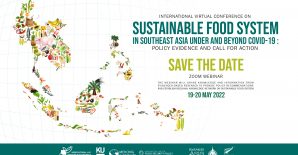News and Analysis
National Bank predicts further reduction in remittances from migrant workers
(24 News Agency, 19 Dec 2015) Kyrgyz National Bank predicts further reduction in remittances from migrant workers. This is stated in the report of the National Bank of the Kyrgyz Republic on the monetary policy for the third quarter 2015.According to it, the net inflow of remittances in the third quarter declined by 32.5 percent in dollar terms. In the fourth quarter of 2015 the National Bank of the Kyrgyz Republic expects decline in remittances by 18 percent. "The decline in 2015 is estimated at 22.1 percent. Reduction of the volume of remittances will be a factor in reducing domestic demand and purchasing power of the population," the report says
ADB Updated Program in Tajikistan Targets Investment Climate, Infrastructure, Jobs
Asia Development Bank News Release, 15 Dec 2015) The Asian Development Bank’s (ADB) updated 2016 to 2018 country program for Tajikistan aims to support inclusive economic growth through structural reforms to strengthen the investment climate, road and energy development, skills upgrades, and improved food security. The 3-year Country Operations Business Plan (COBP) has an indicative investment level of over $240 million, which is earmarked for projects ADB wishes to support. “The COBP is aligned with the proposed new 2016-2020 country partnership strategy for Tajikistan which is currently being finalized,” said C.C. Yu, ADB’s Country Director for Tajikistan. “ADB’s goals are to improve the investment climate, help diversify the economy, and create more higher-paying jobs in the country.”
Migration in Kyrgyzstan continues growing
(24 News Agency, 18 Dec 2015) Growth of migration continues in Kyrgyzstan, but the difference between the number of emigrants and returning people decreases. The State Service of Migration and Employment of the Kyrgyz Republic reported. According to it, in 2010-2012 the number of emigrants, who have left the country and have not returned back, was more than 150,000 and 212,000. From 2013 till 2014, the outflow (negative balance) has reduced more than 4 times. This demonstrates decline in migratory mood of the people that is caused by several factors. The first is strengthening of inter-ethnic harmony and improvement of citizens' security in the country. The second is deterioration of economic indicators in Russia and Kazakhstan, the main countries of employment of Kyrgyz citizens. As a result, work abroad has become less profitable.
Remittance flows from Russia to Tajikistan reportedly decline 65.1%
(Asia-Plus, 18 Dec 2015) n the third quarter of this year, remittance flows from the Russian federation to Tajikistan have reportedly declined by 73.5 percent compared to the same period last year. According to Russia’s central bank, only 358 million U.S. dollars have been sent through money transfer system to Tajikistan from the Russian Federation over the third quarter (July-September) of this year, which was 990 million U.S. dollars fewer than in the same period last year (1.348 billion U.S. dollars). In all, 1.054 billion U.S. dollars have been remitted to Tajikistan from the Russian Federation over the first nine months of this year, which was 65.1 percent fewer than in the same period last year.
Uzbekistan holds 114th place in UN Human Development Index
(UzDaily, 19 Dec 2015) Uzbekistan took the 114th place in new UN Human Development Index, which annually published by the UN Development Programme. According to the new index, Uzbekistan is on the 114th place (last year - 116th place). Human development index of Uzbekistan makes up 0.675 (last year - 0.661). Uzbekistan is among the group with medium human development level, according to the UN Human Development Index.
Volume of remittance between Russia and Uzbekistan falls by 2.79 times in 3Q
(UzDaily, 18 Dec 2015) Total volume of remittance between Uzbekistan and Russia fell from US$2.227 billion in the third quarter of 2014 to US$797 million in the reporting period, decreasing by 2.79 times year-on-year, according to the Central Bank of Russia. The Central Bank of Russia said that the volume of remittances from Russia to Uzbekistan decreased by 2.83 times year-on-year to US$725 million in the third quarter of 2015. The remittances from Uzbekistan to Russia made up US$72 million in the third quarter of 2015, which decreased by 2.44 times year-on-year.
Kazakhstan Jumps 14 Positions in UNDP Human Development Index
(Astana Times, 18 Dec 2015) Kazakhstan jumped 14 places compared to last year to be ranked 56th out of 188 in the 2015 UNDP Human Development Report released Dec. 14. Kazakhstan was also placed this year in a group with a high Human Development Index (HDI). According to the report, Kazakhstan’s life expectancy at birth is 69.4 years (66.5 in 2014), gross national income per capita is $20,867 ($19,441 last year) and expected and mean years of schooling are 15 and 11 respectively. Those are three basis dimensions of HDI – to lead a long and healthy life measured by life expectancy at birth; the ability to acquire knowledge measured by mean years of schooling and expected years of schooling and the ability to achieve a decent standard of living, measured by gross national income per capita…
(UNDP Press Release, 15 Dec 2015) The region’s steady progress in human development is being challenged by changing demographics, large migration flows, and environmental degradation. New approaches are required to create work opportunities for present and future generations alike. Continued progress in Europe and Central Asia depends on creating better job opportunities and working conditions for all women and men, according to the 2015 Human Development Report titled `Work for Human Development’, launched in Istanbul by the United Nations Development Programme (UNDP). The developing countries of Europe and Central Asia have been showing steady progress in human development levels. Together with Latin America and the Caribbean, the region has the highest Human Development Index (HDI) among all developing regions. Nevertheless, complex challenges – including globalisation, demographic changes, large migration flows, fast technological progress and environmental degradation -- may increase inequalities and reverse recent development achievements there. The report encourages governments to look beyond the formal sector and to consider the many kinds of work —such as unpaid care, voluntary or creative work – which also improves equally the well-being of people and societies.
Publications
Human Development Report 2015 (Russian Version Available Here)
The 2015 Human Development Report was launched on 14 December 2015 in Addis Ababa, Ethiopia.
Overview: Work for human development Human development is about enlarging human choices—focusing on the richness of human lives rather than simply the richness of economies (see infographic). Critical to this process is work, which engages people all over the world in different ways and takes up a major part of their lives. Of the world’s 7.3 billion people, 3.2 billion are in jobs, and others engage in care work, creative work, voluntary work or other kinds of work or are preparing themselves as future workers. Some of this work contributes to human development, and some does not. Some work even damages human development……
Why so gloomy? Perceptions of economic mobility in Europe and Central Asia
Cancho, Cesar A.; Davalos, Maria Eugenia; Sanchez, Carolina. 18 Dec 2015. Policy Research working paper; no. WPS 7519. World Bank Group
Abstract: Despite significant improvements in per capita expenditures and a marked decline in poverty over the 2000s, a large fraction of Eastern Europe and Central Asia’s population reports their economic situation in the late 2000s to be worse than in 1989. This paper uses data from the Life in Transition Survey to document the gap between objective and subjective economic mobility and investigate what may drive this apparent disconnection. The paper aims at identifying some of the drivers behind subjective perceptions of economic mobility, focusing on the role of perceptions of fairness and trust in shaping people’s perceptions of their upward or downward mobility. The results show that close to half of the households in the region perceive to have experienced downward economic mobility, that is, that their position in the income distribution has deteriorated. The results also show that perceptions of higher inequality, unfairness, and distrust in public institutions are associated with downward subjective economic mobility. The findings from this study confirm that factors beyond objective well-being are associated with the perceptions of mobility observed in Europe and Central Asia and may explain why the region has had such a pessimistic view of economic mobility during the past two decades. Understanding what drives people’s perceptions of their living standards and quality of life is important, because regardless of objective measures, perceptions could influence people’s behavior, including support for reforms and labor market decisions. For Eastern Europe and Central Asia, a region that has undergone substantive transformations and which is still going through a reform process, accounting for these aspects is critical.




Leave a Reply